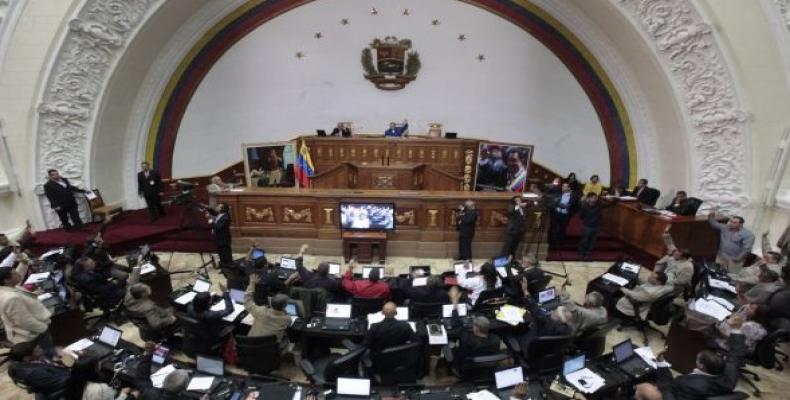In total, the National Assembly will choose 11 magistrates. Out of these, three will be designated for the Political-Administrative Chamber, three for the Criminal Appeals Chamber, three for the Social Annulment chamber, two will be elected for the Civil Appeals Court, and one new magistrate for the Electoral Chamber.
The judicial candidates will need two-thirds of the votes in the chamber (110 out of 165 lawmakers) to be elected.
Opposition lawmaker Ricardo Sanchez revealed that the opposition negotiated with the government the nomination of five magistrates and the head of the National Electoral Counsel in order to ensure the bloc’s participation in the forthcoming vote.
However, the opposition announced Wednesday they would back away from their pact with government lawmakers after Attorney General Luisa Ortega Diaz was re-elected to her post Monday.
The National Assembly will likely have to hold more than one session to elect the new magistrates, given that pro-government legislators do not constitute the required majority of 110 votes.
After the third session, if no political settlements are reached the procedure would change, requiring a simple majority of 99 votes. In this scenario, the pro-government parliamentary bloc have the numbers to elect their preferred magistrates.


